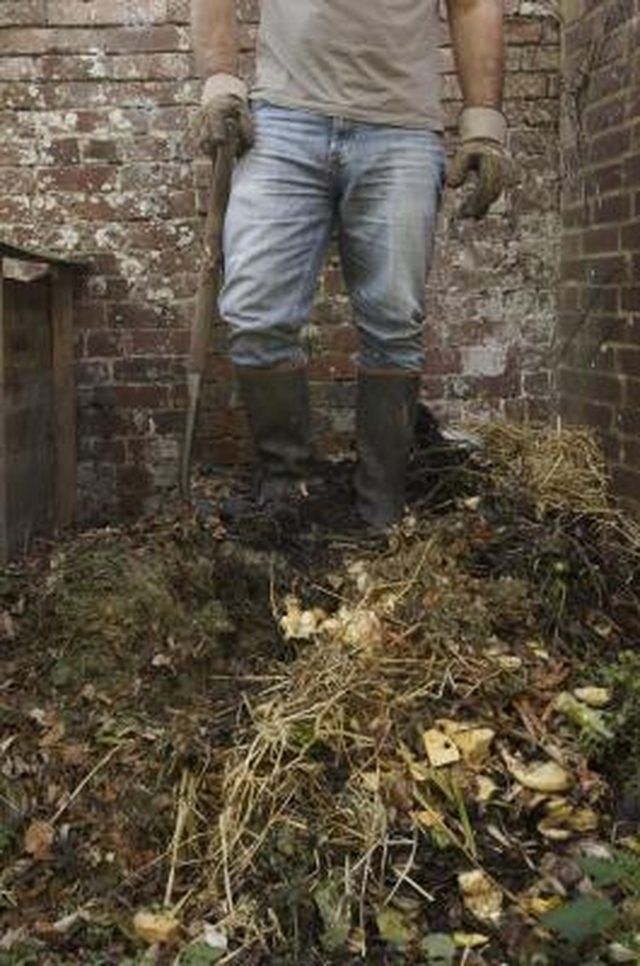Bulbs
Flower Basics
Flower Beds & Specialty Gardens
Flower Garden
Garden Furniture
Garden Gnomes
Garden Seeds
Garden Sheds
Garden Statues
Garden Tools & Supplies
Gardening Basics
Green & Organic
Groundcovers & Vines
Growing Annuals
Growing Basil
Growing Beans
Growing Berries
Growing Blueberries
Growing Cactus
Growing Corn
Growing Cotton
Growing Edibles
Growing Flowers
Growing Garlic
Growing Grapes
Growing Grass
Growing Herbs
Growing Jasmine
Growing Mint
Growing Mushrooms
Orchids
Growing Peanuts
Growing Perennials
Growing Plants
Growing Rosemary
Growing Roses
Growing Strawberries
Growing Sunflowers
Growing Thyme
Growing Tomatoes
Growing Tulips
Growing Vegetables
Herb Basics
Herb Garden
Indoor Growing
Landscaping Basics
Landscaping Patios
Landscaping Plants
Landscaping Shrubs
Landscaping Trees
Landscaping Walks & Pathways
Lawn Basics
Lawn Maintenance
Lawn Mowers
Lawn Ornaments
Lawn Planting
Lawn Tools
Outdoor Growing
Overall Landscape Planning
Pests, Weeds & Problems
Plant Basics
Rock Garden
Rose Garden
Shrubs
Soil
Specialty Gardens
Trees
Vegetable Garden
Yard Maintenance
What Is Decaying Organic Matter in Soil?
What Is Decaying Organic Matter in Soil?. When organisms like plants, humans or other animals die, fungi and bacteria break down their remains. The fungi and bacteria obtain the nutrients and energy they need, and in the process they recycle nutrients into the soil, making them available for plants.

When organisms like plants, humans or other animals die, fungi and bacteria break down their remains. The fungi and bacteria obtain the nutrients and energy they need, and in the process they recycle nutrients into the soil, making them available for plants.
Features
The tissues of living organisms are rich in important nutrients. Your body, for example, contains lots of sugars, proteins, nucleic acids and lipids (fats) that bacteria and fungi can use for their nutrition. Once an organism dies, the defenses it maintained against microorganisms while alive cease to function, so fungi and bacteria start to digest the organism's remains. Wastes like feces also contain a variety of nutrients that decomposers can use.
Function
As fungi and bacteria break up the remains and wastes of other organisms before they too die in their turn, they recycle important nutrients like nitrogen and phosphorus back into the soil. This process of decay enriches the soil so it can sustain more plant life.
Considerations
In chemistry, the word organic refers to carbon compounds. Since all life is composed of carbon compounds, the chemistry of life is in essence organic chemistry, and organic matter is material that came from a once-living organism. The term organic originated with the 18th-century belief called vitalism, which held that processes in living organisms were fundamentally different from other chemical reactions. This belief has long since been discredited, but the term organic is used up to this day.